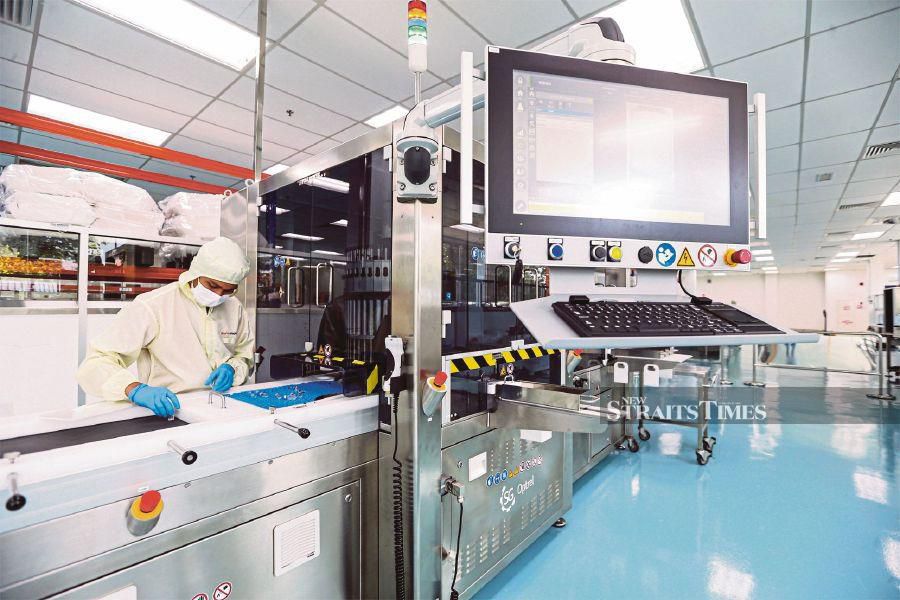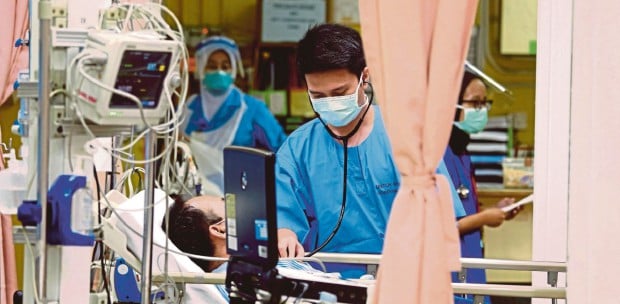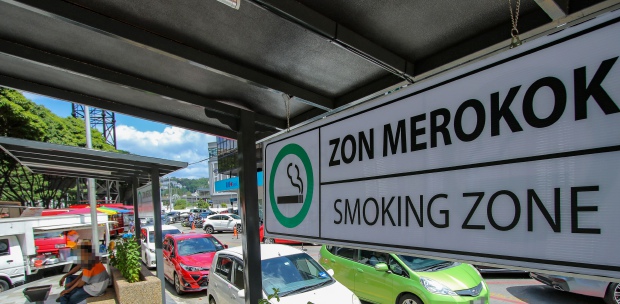KUALA LUMPUR: The Malaysian Medical Association (MMA) is suggesting the government should take into consideration the idea of allowing other providers for its supply and distribution of medicines to public healthcare as relying on a single provider is risky.
MMA president Dr Muruga Raj Rajathurai warned that the current Pharmaniaga situation could significantly affect the nation's supply of public health care medications.
"We do not wish for any supplier to reduce or stop its supplies of medicines to Pharmaniaga for public health care facilities. However, if the issue is prolonged, these suppliers may be left with no other option as they too may be running into losses if outstanding payments are not settled.
"The supply of essential medicines (medicines to treat emergency and acute cases) can be affected if such a scenario were to happen," he said in a statement today.
Pharmaniaga, the sole provider of medical supplies to government-run healthcare facilities, disclosed last month that it had been designated as PN17 after recording its largest-ever quarterly net loss, of RM664.39 million, in the fourth quarter ending Dec 31, 2022.
Muruga acknowledged that it would take time for the change to be put into effect but insisted that actions must be taken to guarantee the public have access to enough medication.
"Emergency cases, as well as patients relying on public health care for a continuous supply of medicines will be among the most affected," he said.
Pharmaniaga additionally disclosed that it had written off the goodwill of its cash-generating Indonesian manufacturing units worth RM50.3 million in addition to an impairment charge of RM552.3 million on unsold Covid-19 vaccines.






